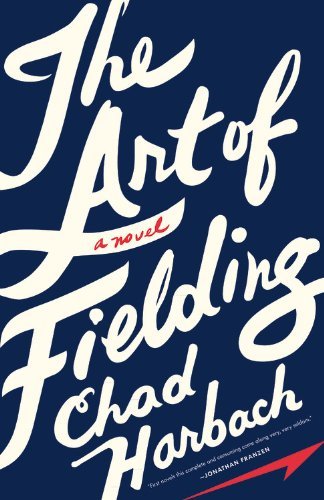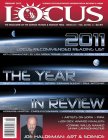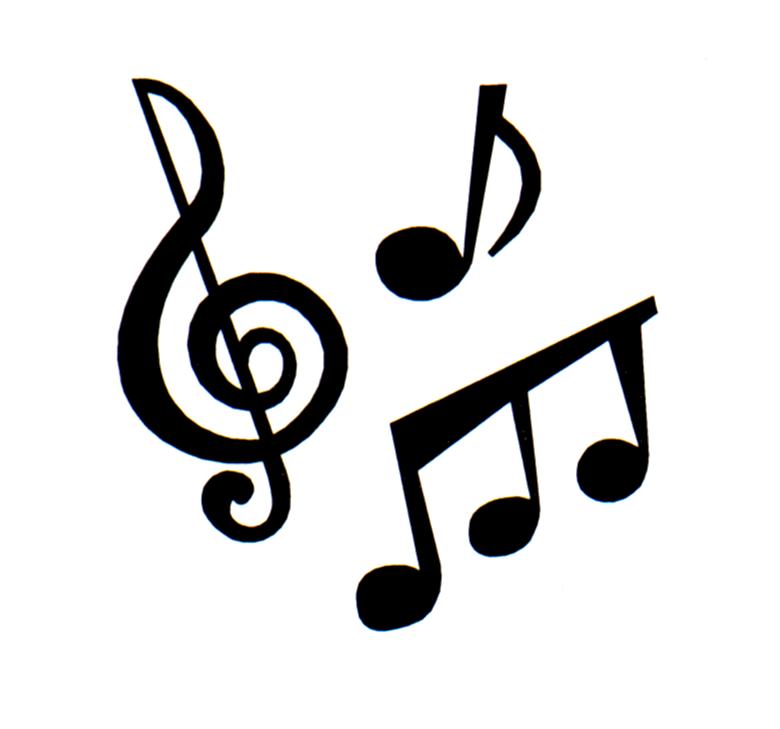I picked Foundation for a few reasons:
- I don't usually read "hard" space set science fiction. I much prefer dystopian or apocalyptic sf, sf set on earth, or slightly lighter and more character centered sf like Orson Scott Card or Connie Willis. Reading Foundation offered me an opportunity to explore an unfamiliar subgenre.
- If I was going to read an unfamiliar subgenre of sf, at least I could try to read one I knew was universally considered a classic. In fact, I asked my favorite sf reading patron, Mr. Smith (his real name, not a pseudonym) for a recommendation of a "hard science fiction novel set in space that is also the start of a series." He first suggested Dune, which I had read many years ago, but then the Foundation series was his next suggestion.
- The Foundation series is also a great example of a general problem with series in sf-- it is sometimes very difficult to identify "The First" book in a series. Especially with older, classic series, the order in which the author first wrote and published them is not the current official order. For example, Foundation was written as a trilogy with it being the first one. However, there is also a companion trilogy, prequels and post scripts to the series now. So there is always a question as to which is the first book. In this case, since Foundation started it all, I chose to read that novel and then made sure to mention this issue in my book talk to the staff.
I am offering this review not as a statement on the quality of this novel, but rather as a comment upon what type of reader, walking into the library in 2012 would be most interested in this book.
The plot here is fairly simple, but it becomes complex in its execution. From the book's flap:
For twelve thousand years the Galactic Empire has ruled supreme. Now it is dying. But only Hari Sheldon, creator of the revolutionary science of psychohistory, can see into the future—to a dark age of ignorance, barbarism, and warfare that will last thirty thousand years. To preserve knowledge and save mankind, Seldon gathers the best minds in the Empire—both scientists and scholars—and brings them to a bleak planet at the edge of the Galaxy to serve as a beacon of hope for a fututre generations. He calls his sanctuary the Foundation.
But soon the fledgling Foundation finds itself at the mercy of corrupt warlords rising in the wake of the receding Empire. Mankind's last best hope is faced with an agonizing choice: submit to the barbarians and be overrun—or fight them and be destroyed.Now on to how the story is told and its overall appeal. This story is told in 5 parts, but since this book is the first in a trilogy, these 5 parts are only the beginning of the story and this particular volume is very open ended. Also, to complicate matters, the characters are told often that they are only half of "The Foundation." Seldon has set up another society at the exact opposite of the universe too. So there is another trilogy telling their story too. A reader needs to be okay with this going in. It is easy to trust Asimov and just go along for the ride since the book is widely considered "great."
Although this novel is set in space way in the future in a completely foreign (to the reader) setting, there is still a lot which is familiar to a reader on earth in 2012. The main story line revolves around the idea of religion. In this case, the religion which Seldon has passed down is one based in science, but its followers are committed to it (and him) for 1,000 years. We only see the first 100 or so in this book. Characters within the story spend time talking about the religion and contemplating how much of it they believe. Some are hard core, others less so. Some true believers, others skeptics.
Another key topic here is politics. This novel may take place in space on planets which do not exist, but the politics at play and the politicians involved are shockingly similar to the here and now.
So already this book tackles religion and politics. This is dangerous territory, but also very thought provoking. Whether you enjoy the story itself or not, you cannot deny that this novel forces you to think long and hard about your own beliefs and politics.
Let's move on to more of the pacing and style though. Since each section picks up years after the one before it, the main characters change and the point of view shifts. This complex style allows the reader to see the changes to the Foundation over a time greater than the span of any one man's life. We are also able to see what has been left behind of the people we followed in previous sections.
This is part of why the story is fairly brisk for being so thought-provoking. With the switching points of view and the skips forward in time, the story moves. Also, the chapters are short and the sections are not very long, which also keeps it moving briskly.
But, a side effect of this compelling pace is that the story was definitely plot centered as opposed to character centered. There were interesting characters, but I did not feel like they were fleshed out enough to my liking. I would have liked a few chapters just for building the characters. But with the plot front and center what you do gets is action, adventure, interesting philosophical discussions about philosophy, politics, religion, civilizations, and the behavior of man, and suspense at the Seldon predicted "crisis points." There is plenty of interplanetary travel too.
Foundation is an excellent choice for any reader who enjoys hard science fiction which follows the adventures of humans in outer space. But it is also a good introduction to this type of book for a new reader who also enjoys some of the other appeal factors I mentioned in the paragraphs above.
One final limiter I should mention, there are not really any women in this story. I am not a reader who normally cares about this but even I noticed the lack of female characters. If you want to see men and women, this is not the book for you.
Personally, I am very glad I read Foundation. I am okay with NOT finishing the trilogy though. I am still not a fan of hard science fiction, but there is plenty of sf that I do love.
Three Words That Describe This Book: shifting points of view, great world-building, compelling action
Readalikes: Since Asimov is classic author, I wanted to begin with similar authors first. I would suggest Arthur C. Clarke and Philip K. Dick.
For readers who want the space setting and adventure but with a more character centered touch, you cannot go wrong with Orson Scott Card's Ender's Game series. And like the Foundation series, there is also a companion series here too-- Ender's Shadow.
For those who want more sf which also couples religion with the end of civilization setting, Octavia Butler's Parable of the Sower series is a great choice. This one begins with an Earth setting and has less of an emphasis on the "hard" science and more of a focus on the ideas.
For those who want a series which focuses on the politics try the Honor Harrington series by David Weber.
Other series I think are similar to the Foundation series are Kim Stanley Robinson's Mars Trilogy, or Larry Niven's Ringworld series.





